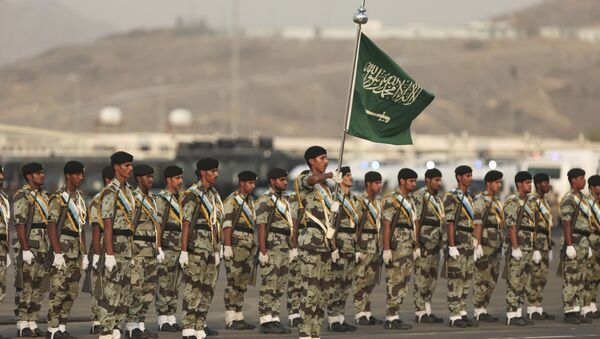“The many countries joining the Saudi-led coalition, which supported the terrorists in Algeria during the 1970s, never helped us fight the terrorists on our soil… The new coalition has a pronounced Sunni-tilt and came in response to Russia’s and Iran’s role in Syria,” Zine al-Abidine Bouazza told Sputnik.
“They do not differentiate between terrorist groups and popular resistance movements and the coalition essentially is not aimed against Daesh,” he added.
Zine al-Abidine Bouazza also said that Algeria had refused to join the “Islamic Coalition” primarily because its goals are at variance with the country’s constitution, which bars the use of the Algerian military and security forces in overseas operations.
In an earlier press statement issued by the Saudi Press Agency, officials said the group would be led by Saudi Arabia, which would host a "joint operations center to coordinate" efforts.
Besides the 34 Muslim nations, Riyadh said more than 10 other countries expressed their support for the new bloc.
Absent from the list was predominantly Shiite Iran—the kingdom’s main rival for leadership in the Muslim world — as well as Israel and Shiite-led Iraq.



